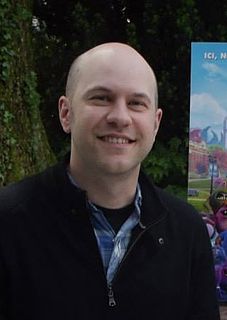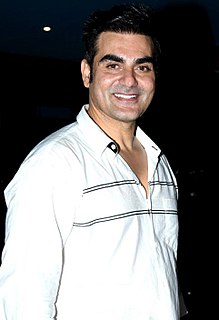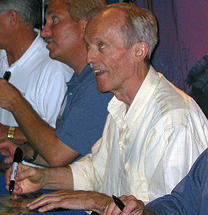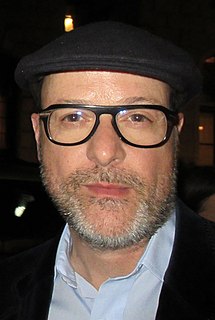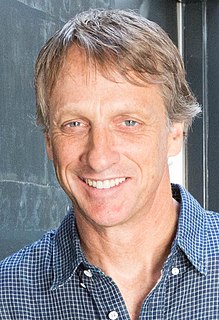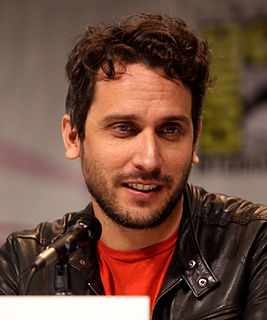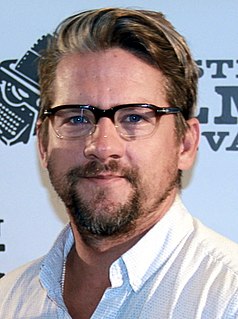A Quote by Barry Sonnenfeld
By definition a sequel can't be original. So you've got to figure out what worked the first time around.
Quote Topics
Related Quotes
I finished my first novel - it was around 300 pages long - when I was 16. Wrote one more before I got out of high school, then wrote the first Lincoln Perry novel when I was 19. It didn't sell, but I liked the character and I knew the world so I tried what was, in my mind, a sequel. Wrote that when I was 20, and that one made it.
Maybe because I'm a child of the '80s, but for me, a sequel is a story that follows the previous one, and sometimes if you haven't seen the original, then you don't understand the second one. Like 'Back to the Future 2.' If you haven't seen the first one, you're not going to get anything out of 'Back to the Future 2.'


